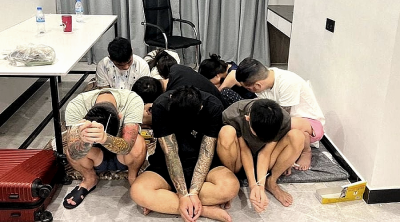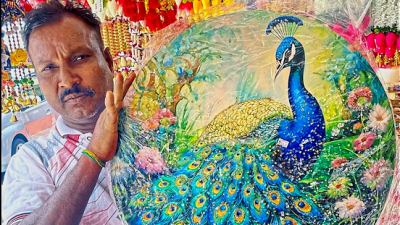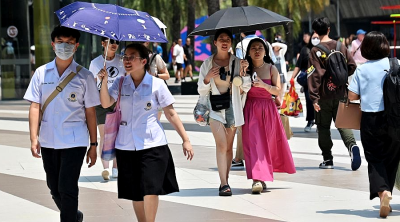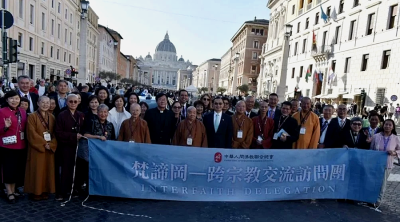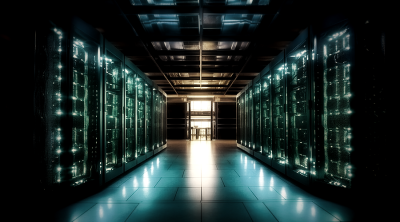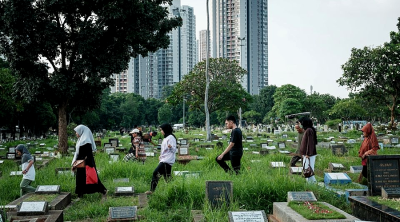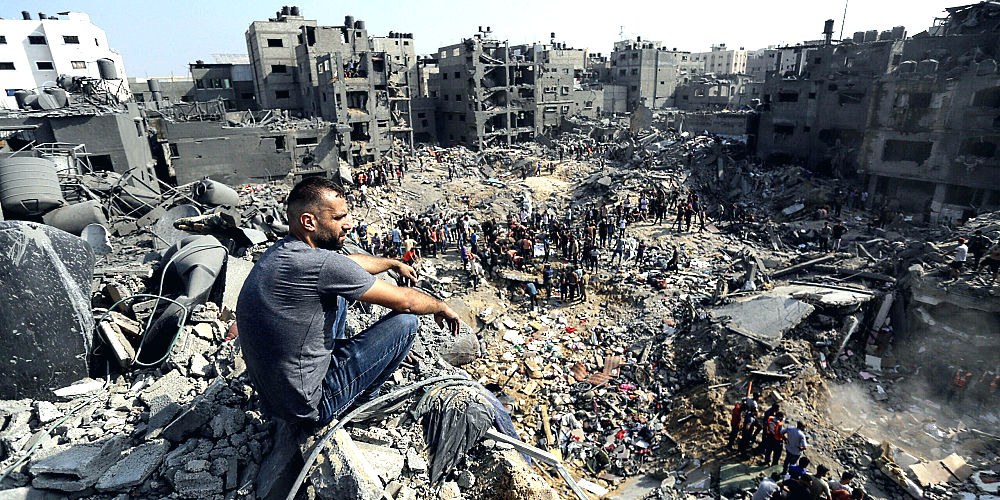
Had it been happening in another country, the stories would have elicited so much outrage and solidarity the world over: “Gaza’s health system disintegrates”, “Israeli air strikes surge in Gaza, destroying homes and killing dozens at a time”, “A third of Gaza City damaged or destroyed by bombing, satellite imagery shows”, “Gaza death toll reaches 11,240 including 4,630 children”, “Gaza’s death toll: one out of every 200 have been killed”.
Had it been happening in our own country, we would have expected, or at least hoped, for the world to take our side, in the name of all the values and human rights that most nations have claimed to uphold.
We would have expected them to reject the idea that we are “human animals”; that we are terrorists; that our lives matter less than those of our neighbours.
Instead, the assault in Gaza by Israeli forces continues in full view of the world, in what many have called a “textbook case of genocide”.
“The situation in the Gaza Strip is a growing stain on our collective conscience,” said Adele Khodr of the United Nations Children’s Fund, a UN agency known to hold its tongue in diplomatic matters.
“The rate of death and injuries of children simply staggering.”
“We have descended into a very dark era for humanity,” laments Dr. Tanya Haj-Hassan, a paediatrician with Doctors Without Borders—an organisation known for its principles of neutrality and impartiality—recounting the unspeakable horrors faced by medical workers and patients alike, as hospitals are bombed and patients face “slow, horrible, painful death—preventable, painful death, like all the deaths in Gaza”.
Don’t get me wrong: I condemn all acts of violence against innocent civilians, which is why I cannot condone Hamas’ attack that killed hundreds of people from 40 different countries—including at least four from the Philippines; not that killing Israeli civilians alone would have made it any less unacceptable.
Just as Palestinians are a diverse group of people—including Christians and Arabs—Israelis also have diverse backgrounds and ideologies, and many are challenging their own government, like Gideon Levy who wrote a courageous piece in Haaretz declaring that “Israel can’t imprison two million Gazans without paying a cruel price”.
I also denounce anti-Semitism (properly defined) and acknowledge the painful scars and centuries of discrimination toward Jews that culminated in the Holocaust.
Indeed, the Shoah was a great evil that showed the kind of cruelty that humans are capable of inflicting toward other humans, starting with dehumanising language.
But applying the same moral standard, I also condemn, even more so, what the Israeli government is doing to Gaza today, cutting off basic supplies, forcibly evacuating millions of people, raining bombs and missiles in a campaign that will surely kill thousands more with each week that passes.
This kind of response is not by any measure “self-defence,” not just because of its sheer disproportionality (the “asymmetrical records of destruction”, as Edward Said was already saying back in 1979), but also because the term obfuscates the question of who the real aggressors are.
Moreover, as UN Secretary General António Guterres said, the Hamas attacks “did not occur in a vacuum”.
Reviewing the history of the Holy Land, before and after 1948, I cannot help but think of Frantz Fanon’s reminder of how, because of the violence of colonialism, “decolonisation is always a violent phenomenon”.
Lasting peace—a precondition of which is a Palestinian state that is free from apartheid and settler colonialism—is the only way to defeat the terror for Palestinians and Israelis alike, and it begins with an immediate ceasefire.
Being far removed from the rocket fire, perhaps we may think there are many pressing issues closer to home; and find it easy and convenient to look away from what is happening in Gaza, just as it is easier to narrow our concern to the plight of overseas Filipino workers, say “abstain” or stay neutral, and not have to grapple with the Islamophobia and fundamentalism that colour some of our people’s reactions.
However, we cannot unsee this crisis, nor can we untether ourselves from the moral response that it calls for.
“To care,” as professor Randy David wrote in a recent column, “is also to learn to recognise ourselves in the lives and experiences of other peoples that were similarly subjugated by colonialism, in the hope that we may understand ourselves better…to care is to offer meaningful assistance and solidarity to the unfortunate victims on both sides of this conflict, especially the innocent civilians who are usually the first to bear the deadly consequences of their leaders’ miscalculations.”
Can we see ourselves in Gaza, can we see the Palestinian struggle as our own—as one colonised people to another—and can we not look away from the violence, the hate, the hypocrisy, until we are forced to address the complicity of silence?
As Israeli poet Yehuda Amichai wrote, “The diameter of the bomb” cannot be measured in centimetres of length or metres of effective range, but “includes the whole world in the circle.”
ADVERTISEMENT
ADVERTISEMENT








